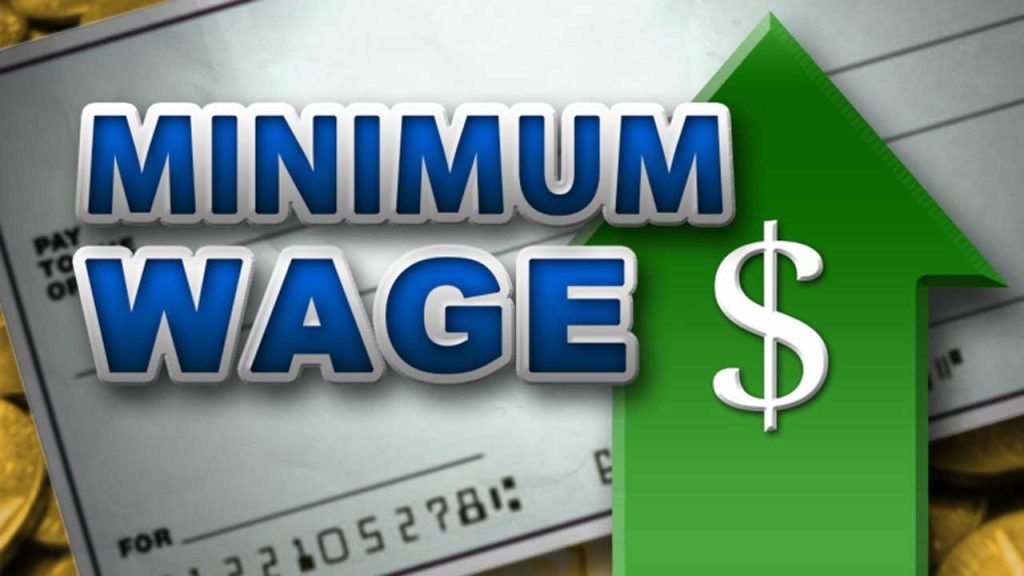
As the dust settles around the minimum wage issue, there are ongoing concerns regarding the financial implications on the federal, state, and local governments, as well as the organized private sector. States must seek ways to boost their Internally Generated Revenue (IGR) to cover the increased wage expenses and support capital expenditure. Additionally, all levels of government should consider broadening the tax base and implementing policies that facilitate business operations to prevent significant job cuts.
President Bola Tinubu officially approved the new minimum wage bill earlier this week, establishing a national minimum wage of N70,000 for workers and allowing labor unions to renegotiate wages every three years.
However, the implementation of the new wage law comes at a substantial cost for employers. The Senate sanctioned a supplementary budget of N6.2 trillion to the 2024 Appropriation Act for the Federal Government to meet these new obligations and support key infrastructure projects. This adjustment elevated the budget from N28.7 trillion to N35.5 trillion.
Consequently, this would result in an enlargement of the existing budget deficit, raising it by an additional N3 trillion on top of the initial N10 trillion shortfall. Depending heavily on windfall taxes from banks’ foreign exchange earnings, the minimum wage increase could further strain the country’s borrowing and debt repayments.
In 2023, Nigeria allocated N7.8 trillion for debt servicing, marking a 121% surge compared to the N3.52 trillion spent in 2022. A recent report by PwC Nigeria forecasts that the country’s debt servicing expenses could ascend to N8.3 trillion in 2024, N9.3 trillion in 2025, and N11.1 trillion in 2026, which could influence Nigeria’s credit rating and debt repayment capacity adversely.
The Federal Government needs to promptly reduce the cost of governance, address security challenges to restore public trust, and invest in critical infrastructure to attract Foreign Direct Investments (FDIs).
Regrettably, the government faces significant challenges. Policies such as the removal of petrol subsidies and the floatation of the currency have triggered negative economic repercussions. Soaring inflation and the escalating cost of living left the government with no option but to enforce a 133% increase in the minimum wage. Despite workers anticipating a substantial pay raise, the persistently high inflation rate, currently at 34.19%, continues to pose a formidable challenge.
Therefore, ensuring the sustainability of these changes is a critical issue. There are apprehensions that some states may struggle to comply, especially considering many states have a history of irregular wage payments.
According to BudgIT, 15 states have yet to implement the N30,000 minimum wage since its enactment during the Muhammadu Buhari administration in 2019. In its 2023 States of States Report, the civic tech NGO highlighted that the states’ IGR-to-GDP ratio stood at 1.01%. The report also noted that 17 states experienced a decline in IGR in 2022, indicating financial instability. BudgIT warned that the new minimum wage structure could drive several states to the brink of bankruptcy.
During the tenure of Goodluck Jonathan, the minimum wage was set at N18,000. To meet this obligation, state governors lobbied the Federal Government to dip into the Excess Crude Account.
To avert similar crises, states must operate as economically viable entities. They need to explore avenues to boost their IGR, eliminate wasteful spending, prioritize vital development projects, and concentrate on agricultural initiatives. Monitoring capital expenditure for effective utilization is crucial.
The prevailing business environment remains unfavorable for the private sector. Industries, particularly manufacturing, face various challenges such as high energy costs, a financially constrained populace, and inadequate infrastructure. Faced with the minimum wage hike, companies may opt to downsize their workforce. It is imperative for the government to incentivize and support the private sector.
